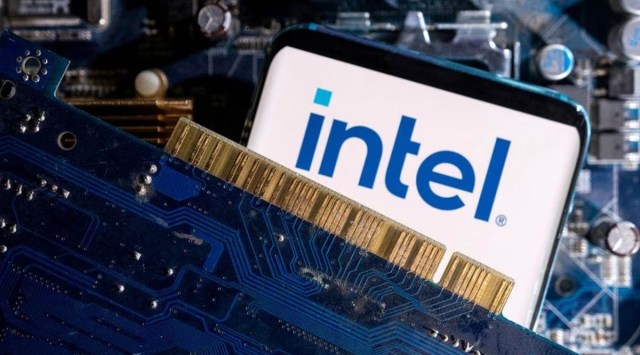Intel Corp, the world’s largest chipmaker, has revealed some new details on its upcoming chip for artificial intelligence (AI) computing, which it plans to launch in 2025. The chip, codenamed “Falcon Shores”, is part of Intel’s strategy shift to compete with Nvidia Corp and Advanced Micro Devices Inc, which are the leading and emerging players in the AI chip market.
Intel announced the new information at a supercomputing conference in Germany on Monday. It said that Falcon Shores will have 288 gigabytes of memory and support 8-bit floating point computation, which are important features for running large and complex AI models.
Intel also said that Falcon Shores will be a discrete chip, meaning that it will not be integrated with its central processing units (CPUs), unlike its previous strategy of combining graphics processing units (GPUs) with CPUs.
A delayed entry into the AI race
Intel’s announcement comes after years of delays and setbacks in its AI chip development. Its previous attempt to challenge Nvidia’s dominance in the AI market, a chip called Ponte Vecchio, suffered from technical issues and missed deadlines.
Intel said it has nearly completed shipments for a supercomputer project based on Ponte Vecchio at Argonne National Lab, which it claims has better performance than Nvidia’s latest AI chip, the H100.
However, Intel’s Falcon Shores will not be available until 2025, by which time Nvidia and AMD are expected to have released their next-generation AI chips.
Jeff McVeigh, corporate vice president of Intel’s super compute group, said that Intel is taking time to rework its AI chip design after giving up its prior strategy.
“While we aspire to have the best CPU and the best GPU in the market, it was hard to say that one vendor at one time was going to have the best combination of those,” McVeigh told Reuters. “If you have discrete offerings, that allows you at the platform level to choose both between the ratio as well as the vendors.”





